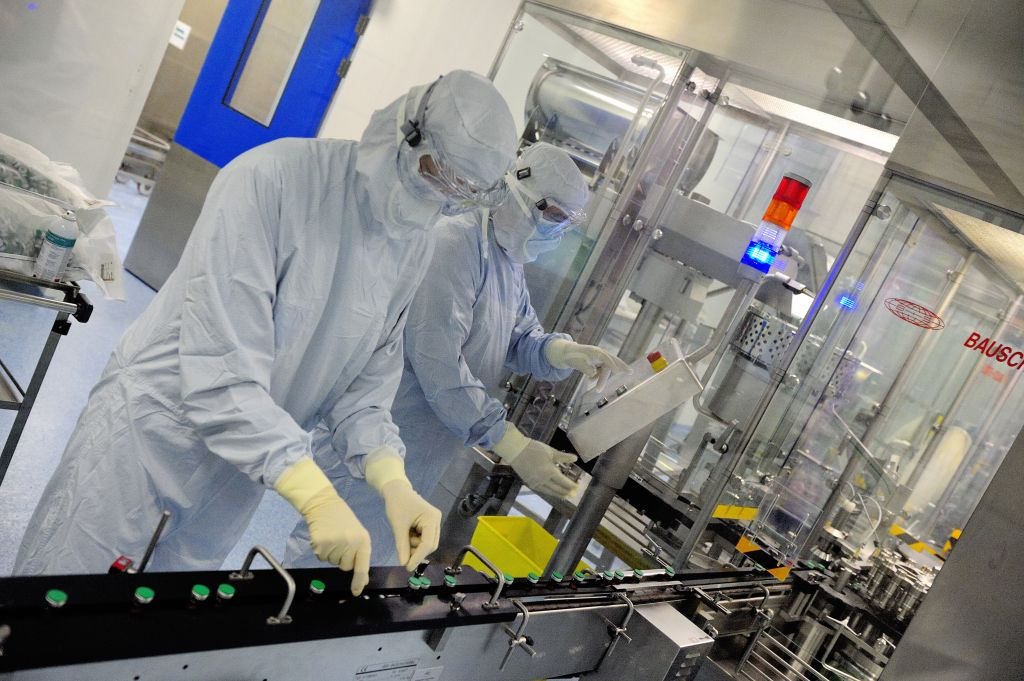
VANCOUVER — Health officials in Vancouver urged people to get vaccinated against measles by Friday if there’s a chance they were exposed to the highly infectious disease diagnosed in a person who attended a large music festival and a block party.
Medical health officer Dr. John Harding of Vancouver Coastal Health said the unidentified person was at the Skookum Festival at Stanley Park last Saturday and it’s important for people who could have been exposed to the disease and haven’t had two doses of the measles, mumps and rubella vaccine to be vaccinated within a six-day window.
The infected person was diagnosed as a priority case on Thursday night after developing symptoms including a fever, cough, redness in the eyes and a rash on the face that spread to the chest.
Harding said the patient was confirmed to have had one dose of the vaccine, which provided about 95 per cent immunity, but two doses are needed for 99 per cent protection against measles.
Vancouver Coastal Health released a list of specific locations and times where the infected person travelled between Saturday and Tuesday. It says anyone who attended those locations at the specified times and who has not been fully immunized, nor had the disease in the past, should see a doctor immediately.
The locations and times of concern are:
— Saturday, Sept. 8: Skookum Festival, Stanley Park, 5 p.m. to 1 a.m.
— Saturday, Sept. 8: Aquabus from Olympic Village to Hornby Street, approximate trip start was 3 p.m.
— Saturday, Sept. 8: Canada Line SkyTrain from Vancouver City Centre to Broadway-City Hall Station, 11 p.m. to 1 a.m.
— Sunday, Sept. 9: Outdoor Community Block Party at 1188 Quebec St., 1 p.m. to 3 p.m.
— Sunday, Sept. 9: Main Street bus from Terminal Station to Broadway, 3 p.m. to 5 p.m.
— Tuesday, Sept. 11: Noodlebox Mount Pleasant, 2511 Main Street, noon to 6 p.m.
The measles virus is spread by droplets from coughing and sneezing and can survive in the air for two hours.
The disease was common in Canada before 1970 and anyone exposed to it would have developed immunity.
Only one dose of the MMR vaccine was provided between 1970 and 1994 during routine immunizations, but that was increased to two doses for adequate protection against the disease, Harding said.
“We did catch-up campaigns for anybody who only had one dose,” he told a news conference. “Unfortunately, not everyone would have got those catch-up doses and not everyone’s sure if they ended up with a second dose of MMR.”
Patients who are uncertain if they received a second vaccination should contact their doctor’s office or local health unit for their records but there’s no harm in getting an extra booster shot, Harding said.
Children are vaccinated at 12 months and starting at age four, before they enter kindergarten.
High vaccination rates provide so-called herd immunity to protect more people, he said, adding vaccinations for pregnant women, infants under 12 months and people with compromised immune systems should be discussed with a doctor.
“In an unimmunized population one case of measles can infect anywhere from 12 to 18 people so it’s very important that we keep up those levels of immunity to make sure that it doesn’t spread.”
Harding said the high rate of immunization means the number of measles cases in Canada should ideally be zero, but people diagnosed with the disease have typically travelled from other countries, though he wouldn’t say if that’s the situation with the infected patient, who is in isolation.
The BC Centre for Disease Control has reported four cases of measles so far this year and says the disease has been resurging for several years worldwide, including in western Europe.
Earlier this month, the centre alerted the public to a measles case involving a passenger who travelled on BC Ferries in August. Another case in August was related to a cruise line terminal.
In July, the agency reported a case of measles in an infected person who travelled from India to Vancouver via China on two China Southern flights on June 23.
The centre recorded 343 cases of measles during an outbreak in 2014, with most of the cases related to students in one community involving a religious group that objects to vaccination.